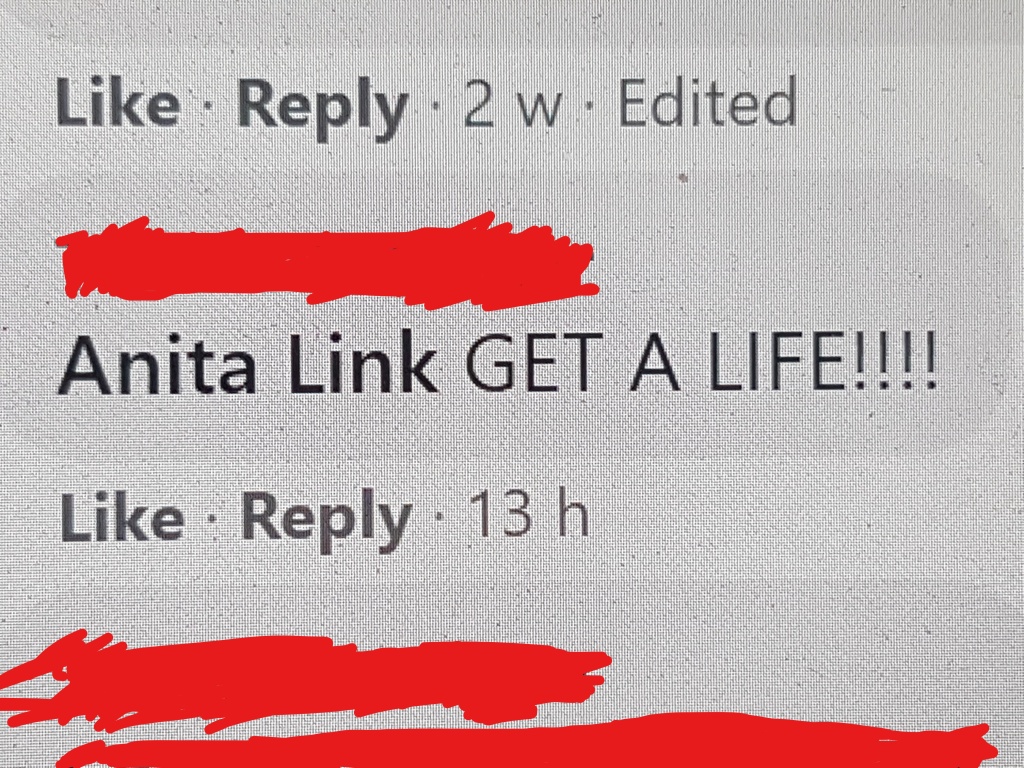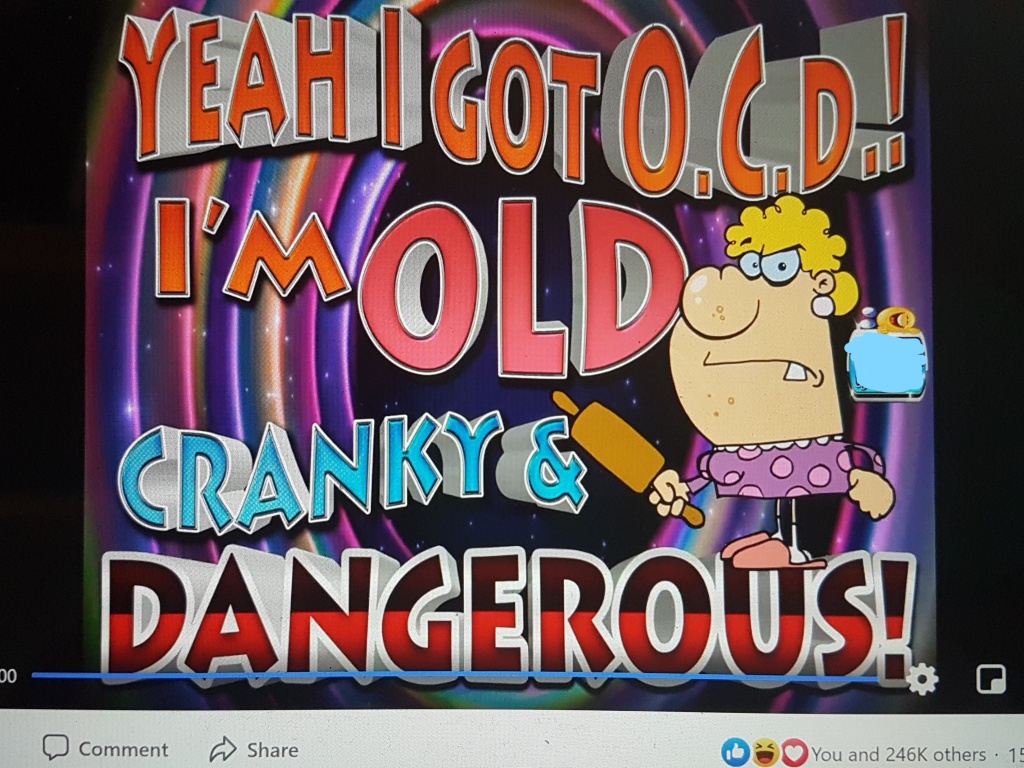
I don’t joke about mental illness.
And when anyone around me does, even if it’s about their own experience, I feel as though I am trapped in a cube of thick glass, a scream frozen in my mouth.
I’ve wanted to write about why I feel this way for a long time but have discarded the topic again and again. I know many people use humour to help them live with their mental illness. But I’ll come back to that.
Onto my reasons for not being able to take these jokes.
At its simplest, I don’t believe we have eradicated sufficient stigma to safely joke about what living with a mental illness means.
It might look like we are making progress, but it’s an illusion.
Sure, our baby steps skim the surface of the most palatable mental illnesses. Anxiety that resolves with mindfulness, or depression that is sorted with some exercise and early morning sun exposure.
The ‘brave’ disclosure of taking (a respectably small amount of) medication for anxiety or depression, has shed a lot of stigma in recent years.
But dive below the surface and things get uncomfortable for many. Think psychosis, psychiatric hospital admissions, Electroconvulsive Therapy etc.). The world still largely deals with this discomfort as though it is a teenager trapped in a car with a parent talking sex education. Sulky silence, avoiding eye contact, and wisecracks.
Then there is the constant energy sap of explaining.
Let’s take some experiences I’ve had recently.
First came the media requests for my opinion on whether Kanye West’s antisemitic hate speech, racism, and misogyny were caused by his bipolar disorder. You can find my responses here:
https://www.mamamia.com.au/mental-illness-can-happen-to-anyone/
https://www.mamamia.com.au/podcasts/the-quicky/kanye-bipolar
Suffice to say I wasn’t laughing as I wrote and spoke.
Next it was a question at the end of the Q and A for one of my library author talks about my memoir, Abductions From My Beautiful Life.
‘Hi, I’ve read your book. I noticed there is no violence in it. Is that true?’
I asked, ‘What do you mean?’
‘It’s just that whenever you read about people with mental illness, they are always violent. So, I was surprised not to find this in your book.’
An ache swamped my chest. Everyone in the room waited for my answer to this jagged question.
I explained that the media often stigmatises mental illness by reporting violent outcomes devoid of context or humanity. I explained that, yes violence occurs, but the mentally ill are more likely to be victims not perpetrators. I explained that when someone’s violence is rooted in their mental illness it is too often not a case of them slipping through the cracks. It’s a case of there being more cracks than solid ground.
And that no I have not edited any violence from my book. Aside from the violence psychosis visited on my brain, there wasn’t any.
I was thanked for my explanation.
But it shouldn’t take me or anyone else to explain that most people who live with severe mental illness are not violent, antisemitic, misogynistic, racists.
While I am well, I choose to explain it again and again and again, because silence leaves a space for the public to draw their own conclusions when Kanye behaves badly, or poor journalism demonises the vulnerable. But the constant explaining leaves me with no energy to laugh about any of it.
When I can, I push back against memes and social media posts that joke about my worst nightmares, or even just sprinkle stigmatising language around like poison disguised as fairy dust. ‘Psycho’ ‘nuthouse’ ‘mental’…
When I point out these ‘errors’ in the comments sections I am often told I can’t take a joke’. I’m told to ‘get a life’ ‘lighten up’, ‘fuck off’, or that ‘it’s just a meme’.
And when I am not well enough to push back and explain, the world continues to fill in the blanks, and papers over its discomfort with another meme.

So, does anyone get to joke about mental illness?
In my opinion:
If humour surrounding mental illness is part of a private conversation between people with lived experience who share enough history to gauge what is appropriate, I have no problem with it.
If you live with a mental illness and find being humorous about your experience is helpful to your recovery and maintaining stability, go ahead…
But have the grace to acknowledge you don’t represent everyone. Consider whether your jokes hide self-stigma. And if you choose to share your humour publicly, ask yourself if the benefits to you outweigh the risk of potentially generating more stigma.
Also – if you share jokes or memes online that perpetuate negative stereotypes around mental illness – don’t tell me to ‘lighten up’ when I call them out.
Lastly – If you have no lived experience of mental illness, don’t joke about it.
As long as the status quo assumes that the perpetration of violence and mental illness go hand in hand, we are still lightyears away from a point when everyone can laugh safely.
You may also like to check out:
